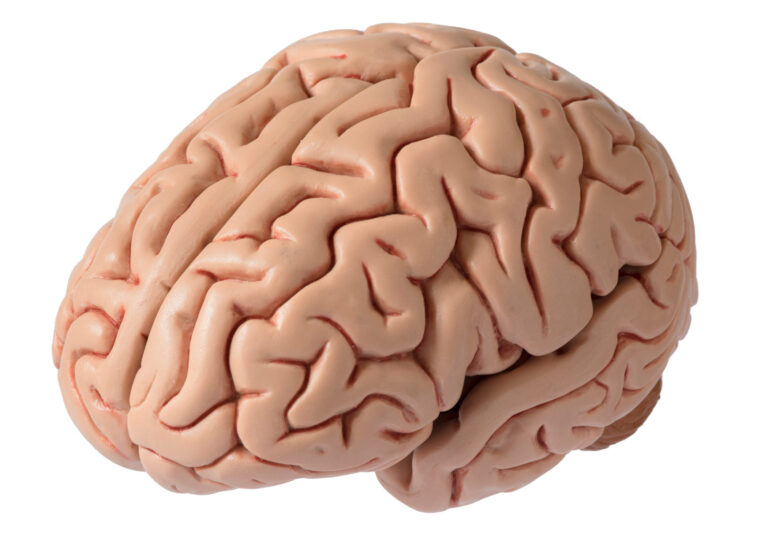Autoimmune cognitive decline, also known as autoimmune dementia or autoimmune encephalopathy, is a neurological disorder that affects the brain’s ability to function properly. It is caused by the body’s immune system mistakenly attacking healthy brain cells, leading to inflammation and damage in different areas of the brain.
Autoimmune cognitive decline can occur at any age, but it is more commonly seen in older adults. It can be a progressive condition and can significantly impact an individual’s daily life, including their memory, thinking, behavior, and physical abilities.
What causes autoimmune cognitive decline?
The exact cause of autoimmune cognitive decline is still unknown. However, researchers believe that it can be triggered by underlying autoimmune disorders such as rheumatoid arthritis, lupus, and multiple sclerosis. In these conditions, the immune system mistakenly attacks healthy tissues and organs in the body, including the brain.
Other factors that may contribute to the development of autoimmune cognitive decline include genetics, environmental factors, and infections. Some studies have also shown a potential link between certain medications and the development of this condition.
Symptoms of autoimmune cognitive decline
The symptoms of autoimmune cognitive decline can vary depending on which area of the brain is affected. Some common symptoms include:
1. Memory problems: This is one of the most significant symptoms of autoimmune cognitive decline. People may have difficulty remembering recent events or may struggle to retain new information.
2. Difficulty with concentration and problem-solving: As the disease progresses, individuals may have trouble focusing on tasks or making decisions.
3. Changes in behavior and mood: Autoimmune cognitive decline can cause changes in behavior and personality, such as irritability, apathy, and depression.
4. Physical symptoms: In some cases, people may experience physical symptoms such as headaches, seizures, and difficulty with motor skills.
Diagnosis and treatment
Diagnosing autoimmune cognitive decline can be challenging as its symptoms overlap with other neurological conditions. A comprehensive evaluation by a neurologist is necessary to rule out other possible causes.
Medical history, physical examination, and cognitive tests are commonly used to diagnose this condition. Magnetic resonance imaging (MRI) and spinal fluid analysis may also be done to assess brain function and rule out other conditions.
There is currently no cure for autoimmune cognitive decline. However, early diagnosis and treatment can help manage symptoms and slow down the progression of the disease. Treatment options may include medications to suppress the immune system, such as corticosteroids and immunosuppressants, to reduce inflammation in the brain.
In addition to medication, lifestyle changes such as a healthy diet, regular exercise, and cognitive stimulation may also help improve symptoms and overall brain health.
Living with autoimmune cognitive decline
Living with autoimmune cognitive decline can be challenging, not only for the individual but also for their loved ones. As the disease progresses, individuals may face difficulties in daily activities such as managing finances, driving, or even taking care of themselves.
It is essential to seek support from family, friends, and healthcare professionals to understand the condition and manage its impact on daily life. Joining support groups or seeking therapy can also help individuals cope with the emotional and psychological challenges of living with this condition.
Prevention
Currently, there is no known way to prevent autoimmune cognitive decline. However, maintaining a healthy lifestyle, managing underlying autoimmune conditions, and seeking prompt medical attention for any infections or illnesses may help reduce the risk of developing this condition.
In conclusion, autoimmune cognitive decline is a complex neurological disorder that can have a significant impact on an individual’s life. It is essential to understand its symptoms, causes, and treatment options to manage the condition effectively. Seeking early diagnosis and treatment can greatly improve an individual’s quality of life and slow down the progression of the disease. With proper support and management strategies, it is possible for individuals with autoimmune cognitive decline to maintain a fulfilling and meaningful life.





